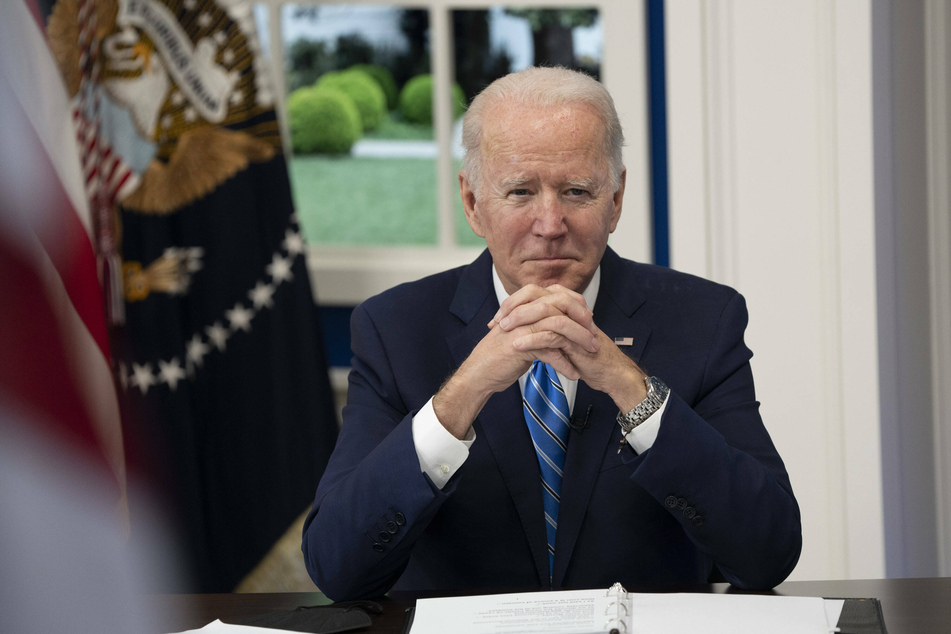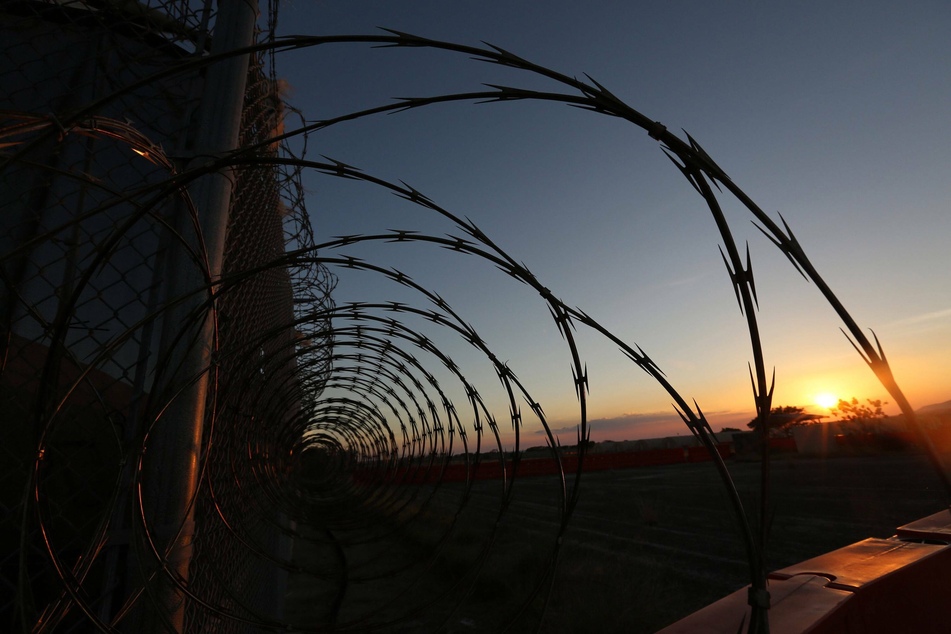Biden approves spending $740-billion on defense – and not on climate, health, or labor
Washington DC - President Joe Biden on Monday signed the $740-billion defense spending bill sent to his desk by the Senate. That's $740 billion more than the country will spend on the climate, health, and labor provisions set out in the gutted Build Back Better act.

In a flawless display of bipartisanship, a majority of Democrats and Republicans in both the House and the Senate agreed to present the commander-in-chief with a National Defense Authorization Act (NDAA) worth $25 billion more than last year's bill.
Those $25 billion will not go towards building new affordable homes or helping Americans buy existing ones.
President Biden signed the bill into law, setting aside $28-billion worth of public money for the US' nuclear weapons programs – and not for environmental initiatives that would protect the nations' forests and parks, while reducing the chance of devastating yearly wildfires. Instead, this funding will go to the Department of Defense, estimated to be one of the world's worst polluters.
The legislation sets aside $11.1 billion to keep the upper hand over China and Russia – two countries whose defense budgets put together make up less than a third of the NDAA – in the Pacific region and Europe, respectively. It does not, however, set aside a single cent for the expansion of universal pre-K, allowing tens of millions of parents to send their kids to public schools or childcare.
According to The Washington Post, the US is 39th in the world when it comes to the percentage of children enrolled in preschool. Thanks to the bill just signed, it remains a distant first in defense spending.
One minor complaint

One thing the NDAA does not do – besides expand Medicare or make paid family leave available – is repeal the Iraq War resolution that gave legal backing to the 2003 invasion of Iraq on the basis of non-existent weapons of mass destruction.
That was not a stumbling block for President Biden.
He did complain about the fact that some provisions will make it significantly harder to close the Guantanamo Bay detention facility, but signed away nonetheless.
Gitmo still holds 39 detainees, out of a total of 780 who passed through its gates since it was opened almost 20 years ago. The vast majority were never charged.
Cover photo: IMAGO / MediaPunch

